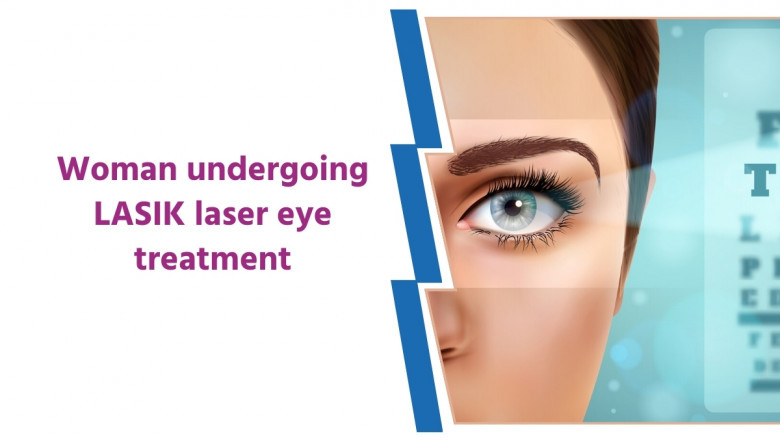views
What Is LASIK?
LASIK (Laser-Assisted In Situ Keratomileusis) is a popular laser eye treatment designed to correct refractive vision errors such as nearsightedness (myopia), farsightedness (hyperopia), and astigmatism. By reshaping the cornea using a precise laser, LASIK reduces or eliminates the need for glasses or contact lenses.
How Does LASIK Work?
The lasik laser eye surgery procedure involves three key steps:
-
Corneal Flap Creation – A thin flap is made on the cornea’s surface using a microkeratome or femtosecond laser.
-
Laser Reshaping – An excimer laser removes microscopic layers of corneal tissue to adjust its curvature.
-
Flap Repositioning – The flap is gently placed back, allowing natural healing without stitches.
The entire process takes about 15 minutes per eye, with most patients experiencing improved vision almost immediately.
Benefits of LASIK
-
Quick Recovery – Most patients resume normal activities within 24-48 hours.
-
High Success Rate – Over 96% of patients achieve 20/20 vision or better.
-
Long-Term Results – Many enjoy clear vision for years without needing enhancements.
-
Reduced Dependence on Glasses – Ideal for athletes, professionals, and active individuals.
Potential Risks and Considerations
While LASIK is generally safe, some risks include:
-
Dry eyes (temporary)
-
Glare or halos at night
-
Undercorrection/overcorrection (rare)
-
Flap complications (minimal with modern techniques)
A thorough pre-surgery evaluation ensures candidacy, as not everyone qualifies (e.g., those with thin corneas or severe dry eye).
Recovery and Aftercare
Post-surgery care includes:
-
Using prescribed eye drops to prevent infection and dryness.
-
Avoiding rubbing the eyes for a few weeks.
-
Wearing protective eyewear while sleeping.
-
Attending follow-up visits to monitor healing.
Most patients notice sharper vision within a day, with full stabilization in a few weeks.
Is LASIK Right for You?
Ideal candidates are over 18, have stable vision for at least a year, and have no underlying eye diseases. A consultation with an ophthalmologist will determine eligibility.






















Comments
0 comment